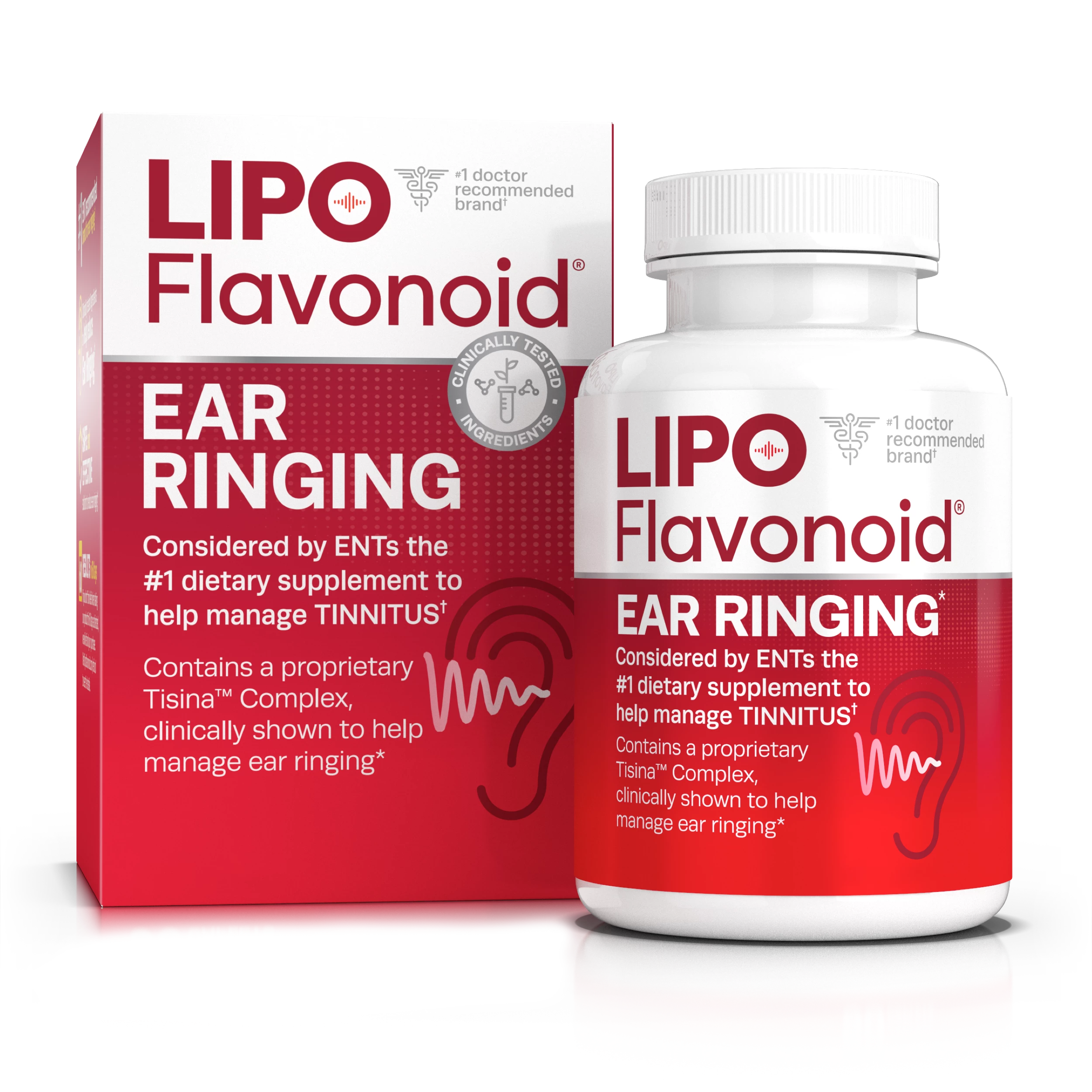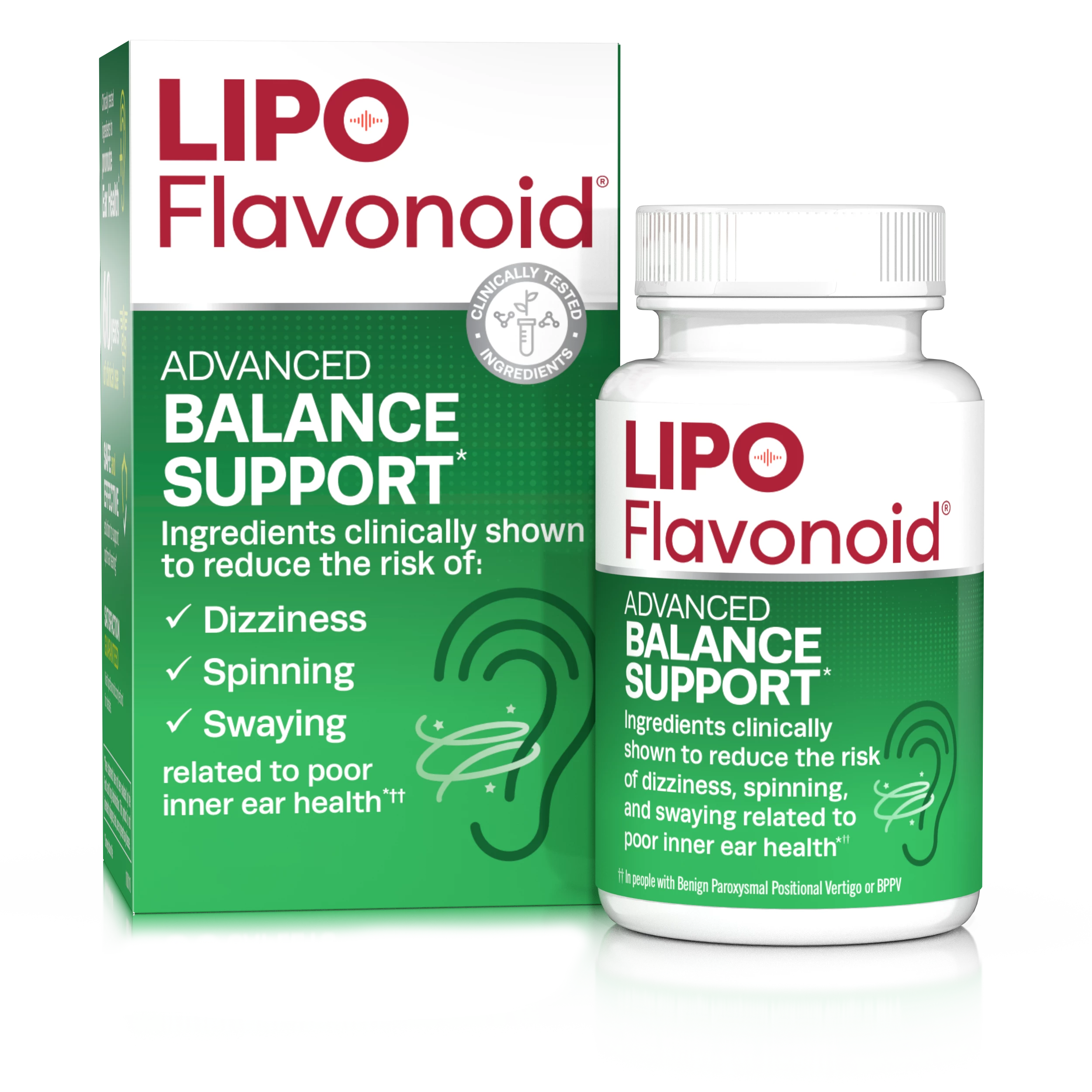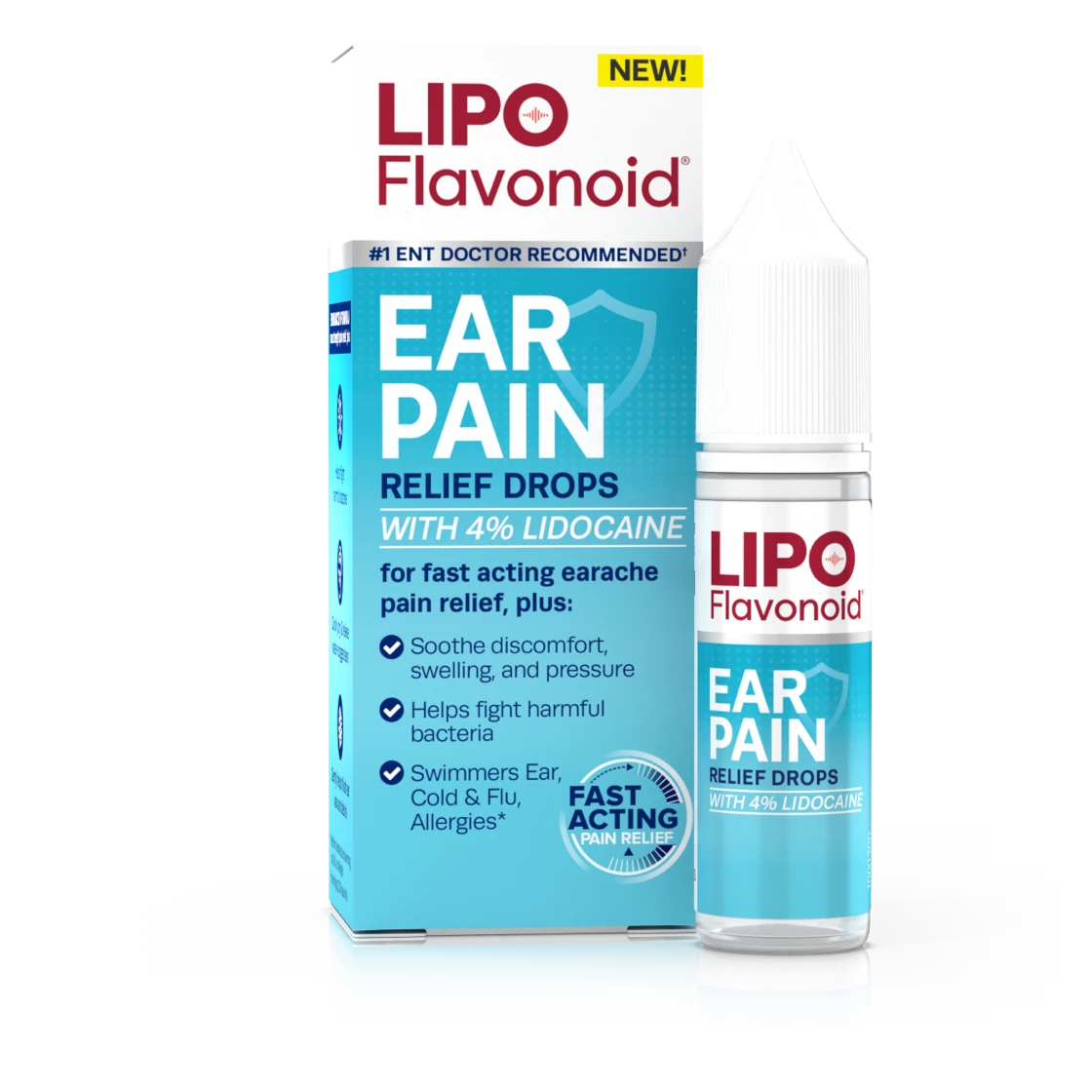Eating for Your Ears
Research in the International Journal of Audiology in 2013 showed that people who consumed better quality calories had better hearing.2 This is important because 90% of those affected by tinnitus (distressing “ringing” in the ears) also have some level of hearing loss,3 and hearing loss frequently brings on tinnitus symptoms.4
If you suffer from tinnitus, you probably already know that your general well-being can influence how intensely you perceive it. By improving your overall health, you can, in turn, influence the effects that tinnitus has on your day-to-day life.
Basically, when you feel better, you can deal with tinnitus better.2 Sleeping as well as you can, managing your stress levels, and eating healthfully are all part of this. According to the American Tinnitus Association, “A health-conscious diet can reduce hypertension and weight, increase blood flow, heighten energy levels and improve emotional well-being — all of which can benefit your tinnitus.”2
But are there specific foods to eat for your ears? The Hearing Health Foundation has these recommendations:5
- Omega-3 fatty acids and vitamin D: Both nutrients are often found in fish. Studies show that adults who eat fish twice per week can have a 42% lower chance of age-related hearing loss. Studies also show that eating fish each week can reduce the risk of persistent tinnitus.6
- Antioxidants and folic acid: Found in spinach, beans, broccoli, asparagus, nuts, and liver, antioxidants and folic acid may help reduce the number of free radicals in your body. Some people believe free radicals can damage the delicate tissues in your ears.
- Magnesium and potassium: Reach for bananas, potatoes, artichokes, and broccoli. Magnesium may help protect against some types of hearing loss, and potassium helps regulate fluids in your body (including in your ears).
- Zinc: Dark chocolate and oysters both contain zinc. Zinc may help support the immune system and ward off germs that can cause congestion and ear infections.
- Vitamins C and E and glutathione: Vitamins C and E are beneficial for overall health and may reduce infection risk. Glutathione, found in fruits, vegetables, and meat, plays a role in tissue repair and immune function.7
What about diet modifications to address tinnitus symptoms directly? In many cases, there is conflicting evidence, but one thing is clear: the effect of diet on tinnitus often varies from person to person. Keep a record of your tinnitus symptoms, their severity, your diet, and other lifestyle factors so you can spot patterns, trends, and potential triggers. If you think something is making your tinnitus worse, try avoiding it and see what happens.2,6
Here are some of the food items we often hear about:
Caffeine: The research regarding tinnitus and caffeine is mixed. Some data suggests that caffeine may actually have a protective effect against tinnitus. For instance, in a large prospective study involving more than 65,000 women, those who drank more caffeine had lower odds of having tinnitus.8 But in another study, 6% of tinnitus patients reported that coffee and tea made their symptoms worse.9 Some researchers think withdrawal from caffeine can increase the intensity of tinnitus.10 The American Tinnitus Association recommends that tinnitus patients track their own experiences with caffeine and adjust accordingly.2
Alcohol: In one small study, 84% of patients reported that their tinnitus was aggravated by alcohol and 73% said that alcohol made them more aware of their tinnitus.11 Again, a diary might help you decide what is right for you.
Eggs: There has been some association between avoidance of eggs and reductions in persistent tinnitus. This association could, hypothetically, be linked to eggs as a source of dietary cholesterol.6
Fish: As mentioned above, eating fish one or more times per week has been linked to a reduction in the odds of persistent tinnitus.6
Gluten: A recent case report of a female tinnitus sufferer showed that by switching to a gluten-free diet she substantially reduced the volume of her tinnitus and her tinnitus-related distress.12 More research is needed, but as gluten-free diets become more popular, we may hear more about this connection.
Nutritional supplements: While there is currently no cure for tinnitus, many ENTs recommend the nutritional supplement Lipo-Flavonoid® Plus to help.13 Lemon bioflavonoid eriodictyol glycoside (the micronutrient in Lipo-Flavonoid® Plus) has been shown in research to help with inner ear issues, such as tinnitus.14
Be sure to talk to a specialist, such as an ear, nose, and throat physician (an ENT or otolaryngologist) or an audiologist, about any ringing in the ears.
It’s important that modifiable causes of your tinnitus symptoms and any potential underlying medical conditions be treated or ruled out. Certain medications can cause tinnitus, so prepare for your appointment by making a list of all the over-the-counter, prescription, and herbal products you take.
Keep up with tinnitus news and research by visiting the American Tinnitus Association website and LipoFlavonoid.com. Together we can make sure that tinnitus sufferers’ voices are heard.
References
- Eat Healthy, Why is it Important? President’s Council on Fitness, Sports & Nutrition website odphp.health.gov . Accessed Sept. 7, 2016.
-
Thoughts on Diet and Hearing Loss. American Academy of Audiology website
http://www.audiology.org/news/thoughts-diet-and-hearing-loss
.
Accessed Sept. 7, 2016.
General Wellness. American Tinnitus Association website https://www.ata.org/managing-your-tinnitus/treatment-options/general-wellness . Accessed Sept. 13, 2016. - Hearing Loss Facts & Statistics. Hearing Loss Association of America website https://www.hearingloss.org/wp-content/uploads/HLAA_Hearing_Loss_Facts_and_Statistics.pdf . Accessed Sept. 7, 2016.
- Understanding the Facts. American Tinnitus Association website https://www.ata.org/understanding-facts/related-conditions . Accessed Sept. 7, 2016.
- 7-Day Challenge for Better Hearing Health. Hearing Health Foundation website http://hearinghealthfoundation.org/blog?blogid=204 . Accessed Sept. 7, 2016.
- McCormack A, Edmondson-Jones M, Mellor D, et al. Association of Dietary Factors with Presence and Severity of Tinnitus in a Middle-Aged UK Population. PLoS ONE. 2014;9(12):e114711. doi:10.1371/journal.pone.0114711.
- Glutathione. WebMD website http://www.webmd.com/vitamins-supplements/ingredientmono-717-glutathione.aspx?activeingredientid=717 . Accessed Sept. 7, 2016.
- A prospective study of caffeine intake and risk of incident tinnitus. Glicksman JT, Curhan SG, Curhan GC. Am J Med. 2014 Aug;127(8):739–43.
- Pan T, Tyler RS, Ji H, Coelho C, Gogel SA. Differences Among Patients That Make Their Tinnitus Worse or Better. American Journal of Audiology. 2015;24(4):469–476. doi:10.1044/2015_AJA-15-0020.
- Caffeine abstinence: an ineffective and potentially distressing tinnitus therapy. Claire LS, Stothart G, McKenna L, Rogers PJ. Int J Audiol. 2010 Jan;49(1):24–9.
- Detrimental effects of alcohol on tinnitus. Stephens D. Clin Otolaryngol Allied Sci. 1999 Apr;24(2):114–6.
- Barozzi S, Bo LD, Cesarani A. The effect of a gluten-free diet on a patient complaining of severe tinnitus. Int Tinnitus J. 2013;18(2):134–137.
- April 2016 Survey. Clarion Brands Inc. Data on file.
- Williams HL, Hedgecock LD. Citrus Bioflavonoids, Ascorbic Acid and Other B-vitamins in the Treatment of certain types of neurosensory deafness – a preliminary report. Staff meeting of the Mayo Clinic (1962).


